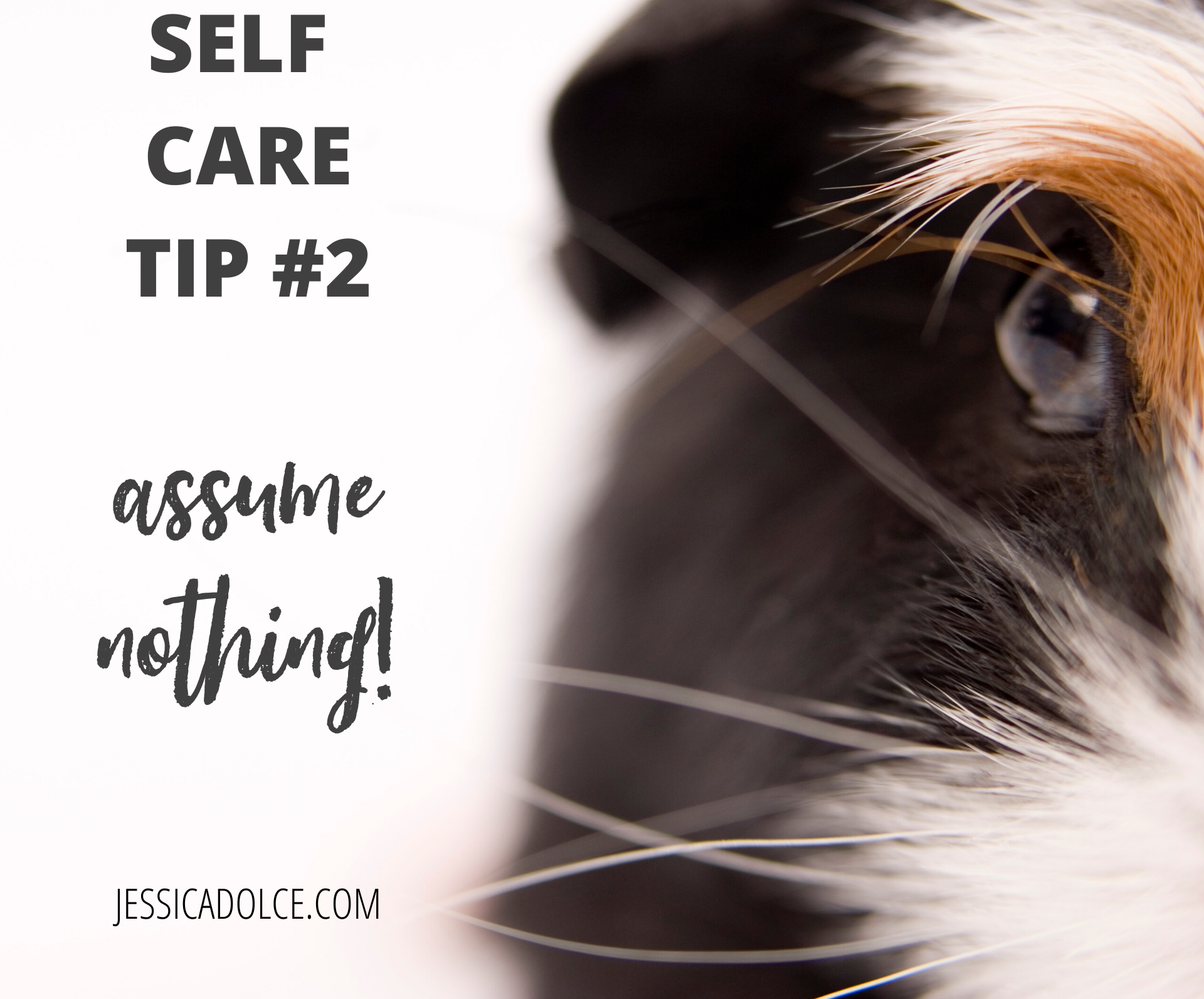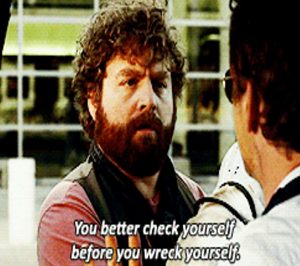News, ideas & inspiration from industry leaders

Coping With Stress During COVID-19: Self-Care Tip #2
Last month, hundreds of animal welfare professionals tuned in as Jessica Dolce, MS, CCFE, creator of the Compassion in Balance Program, held a Community Call for Coping With Stress During COVID-19. You can watch the recording anytime, and Jessica has also written the following self-care tips for us to share here.
Self-Care Tip #2: Assume Nothing!
When your stress response (fight/flight/freeze) is triggered by a real or perceived threat, as it is by the COVID-19 crisis, you may notice a change in your ability to communicate.
That’s because your “downstairs” brain, the emotional and primitive parts of your brain, is in charge of responding to threats.
Your “upstairs” brain, the rational and logical part of your brain, goes offline during this time.
Your upstairs brain is what you use to problem solve, communicate clearly, control your emotions, and access empathy.
Communicating while stressed = increased misunderstandings, hurt feelings, and problems to fix.
Here’s what you can do to improve communication and make life a little easier during this time:
- Soothe your nervous system.
This helps your “upstairs brain” come back online. For ideas on how to make this happen, see my Self-Care Tip #1.
- Do not take anything personally.
Everyone is stressed and afraid right now. Whatever people say and do is a reflection of how they’re feeling. Never assume it’s about you, because it’s not.
- Always check for understanding.
When you speak, ask that the person listening repeat back to you what they heard, so you can check that they understand. When you’re listening, repeat back what you heard and ask what you got wrong.
It’s as simple as:
“What I heard you say was___. What did I get wrong?”
Or “This is a stressful time, so I want to double check we’re all on the same page. Can you repeat back to me what you heard me say?”

- Apologize and accept apologies.
There will be misunderstandings because we’re all stressed. We may be short-tempered with one another. As quickly as you can, take responsibility for your missteps and apologize. If someone else apologizes, consider accepting and thanking them.
Recap: Calm your nervous system, try not to assume anything is personal or that you’ve been understood or understand someone else, and be quick to own mistakes and apologize during this stressful time.
By doing so, you’ll reduce hurt feelings and increase everyone’s chances of getting critical tasks done correctly. This will help to save your limited time and energy for other things, like caring for your loved ones and yourself!
For more on this topic, you’re invited to join Jessica in her upcoming webinar series, Practicing Compassionate Badassery: Coping with COVID-19.


